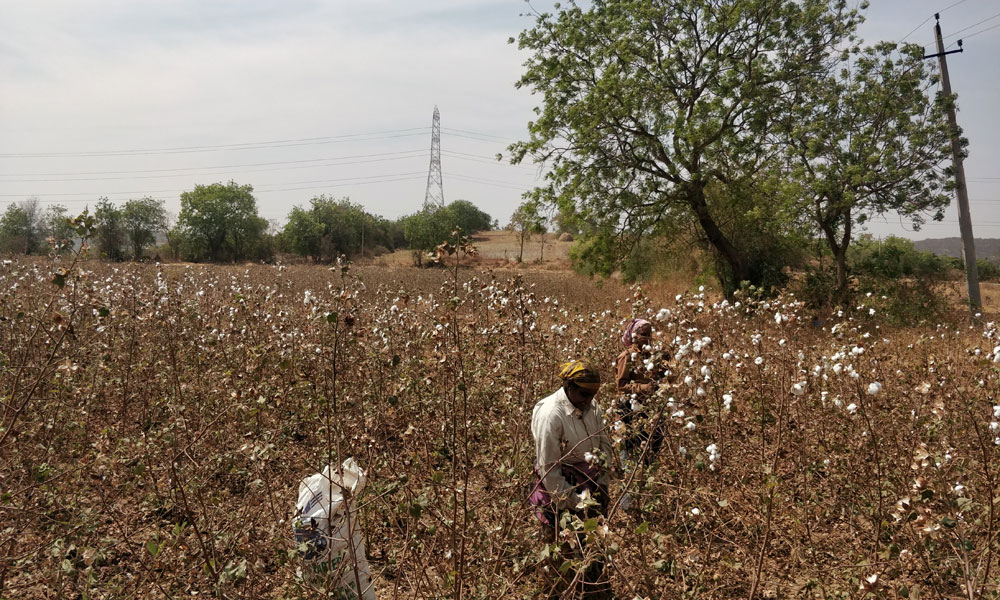This is the steepest decline in a two-year period since 2010
The Indian agricultural sector is set to lose about 5.6 million jobs between 2018 and 2019 according to the International Labour Organization’s employment outlook report.
This is the steepest decline over two consecutive years since 2010, after holding steady for five years between 2012 and 2017, shows the data available on the ILO’s website.
The report points out that agriculture sector in developing countries such as India has the highest number of vulnerable forms of employment—60 to 90 per cent of the workers in this sector are in jobs that are vulnerable.
“We’re working as farmhands. But, there’s little farming work around here. There’s some work during the arecanut season. Rest of the time we have to go work as the house help in other people’s houses. There’s not enough farming work that lasts us throughout the year,” said Indira Balachandra, a daily-wage labourer in Doddamane, Siddapur Taluk, Karnataka who works as a farmhand and as a domestic worker.
Farming is not a popular career path for a vast majority of youth in farming households. The Delhi-based Centre for Study of Developing Societies (CSDS), a top social sciences research institute in India carried out a study of over 5000 farmer households across the country to find out 76 per cent of youth in farming households do not wish to pursue farming. The households were spread across 18 states, including Karnataka.
While jobs are declining rapidly in agriculture, there has been strong job creation in a handful of other sectors, the report says. For instance, job creation has been strongest in ICT-intensive (information and communication technology) services. However, a large portion of those jobs are informal and vulnerable, says the ILO report.
Also, most workers moving out of agriculture and find jobs in the services sector where the incidence of poor working conditions is very high, says the ILO report.
“My son now works as a car driver which doesn’t pay a lot. The job comes with a lot of stress and poor working conditions”, said Dasa Naik, a former farmer in Hasinagudi, Siddapur Taluk, who now works as shopkeeper.



